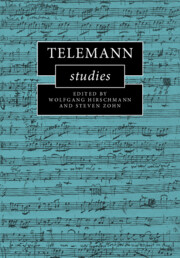Spinoza's Ethics promises a path for sweeping personal transformations, but his accounts face two sets of overarching problems. The first concerns his peculiar metaphysics of action and agents; the second his apparent neglect of the very category of persons. Although these are somewhat distinct concerns, they have a common, unified solution in Spinoza's system that is philosophically rich and interesting, both in its own right and in relation to contemporary work in moral philosophy. After presenting the core of the problem facing Spinoza's action theory, I turn to his overlooked account of selves, one that can be illuminated by contemporary work on so-called deep-self theories. I then show how Spinoza's distinctive account of selves prevents his action theory from collapsing into metaphysical incoherence, and conclude with an implication for Spinoza's broader account of transformation.
